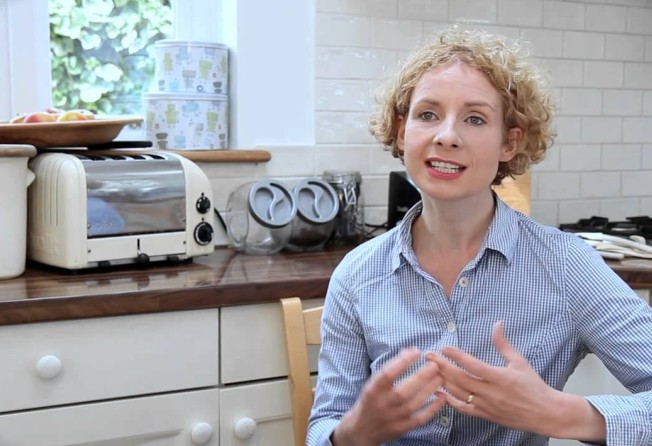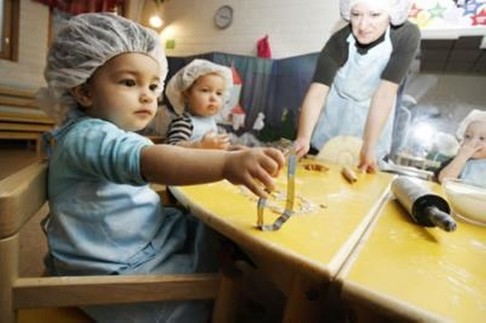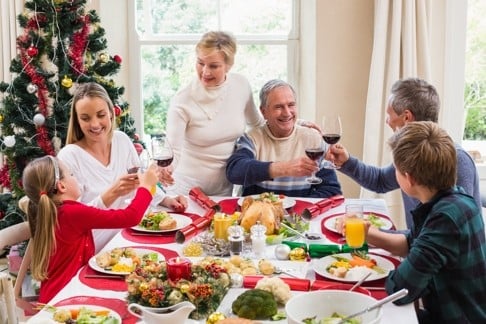
Book review: First Bite - how to get your children eating healthy food and loving it
The tone may be measured but there’s no denying the curiosity in Bee Wilson’s book about eating habits


by Bee Wilson
4th Estate

In 2004, the kindergartens of Jyväskylä, a lakeside city in Finland, received funding to give all children aged one to seven instruction in “varied food habits”. These lessons were to have little to do with encouraging the children to eat their greens or even with attempting to steer them away from junk food.
Instead, they were to explore ingredients with their senses: “the hard crackle of rye crispbread, the soft fuzz of a peach, the puckering sourness of raw cranberries”. One morning, the children might go out foraging for berries; the next, they might play a sensory game involving the scent of lemons.
The results of this experiment were extremely positive: so much so, in fact, that the lessons were extended to all Finnish pre-schools. Attitudes to eating in children could, it seemed, be radically altered after all – and with them, levels of obesity.

Children schooled in what is known as the Sapere movement (from the Latin for “to taste” and “to know”) were not only more willing to try new foods, but less likely to respond to the sweetness of fizzy drinks and other sugary treats, preferring, instead, more punchy flavours.
Bee Wilson ’s account of the Finnish experience of Sapere, in essence, a more egalitarian take on the French concept of savoir vivre, and one in which some 7,000 professionals in the Scandinavian country are now trained, comes towards the end of First Bite, as she looks for pointers to a future in which children (and, by extension, adults) everywhere are saved from a life of addiction to bland and unhealthy processed foods.
But in some ways, it encapsulates her message overall. As a food writer who had an overly close relationship with sugar as a teenager, Wilson set out to discover how much, or how little, is set in stone early on when it comes to taste – whether by genetics, gender or family dynamics. And the results are, for those inclined to worry about these things, generally encouraging.
But the sections of First Bite that are devoted to the feeding of children are, for me, its least compelling. More enlightening and sparky by far are the chapters devoted to the effect of memory and gender on our tastes. Wilson is a brilliant researcher and in this, her fifth book, she has unearthed science that makes sense of our most intimate and tender worlds.

In 2009, for instance, electrodes were applied to the heads of a group of French men and women, half with Algerian backgrounds and half without, after which they were asked to smell mint. All of them liked it, but the Algerians showed a significantly greater level of neural activity than the non-Algerians: a response to the way that the drinking of mint tea is imprinted on their very souls. Memory, Wilson shows, may be the single most important factor when it comes to our lifelong passions (and aversions) in the matter of food – and this is a process that begins, as it were, before the beginning. Gorge on garlic while pregnant and your baby, having spent nine months floating in garlicky fluid, will probably come into the world predisposed to love aioli.
For all its good sense, the tone of First Bite is a little too measured. A touch of anger wouldn’t have gone amiss; sometimes, you want to feel a writer’s engine thrum. But this is a small thing and for most readers its author’s intense curiosity will be enough.
The Guardian